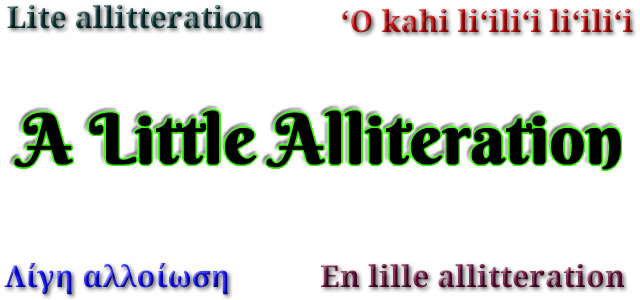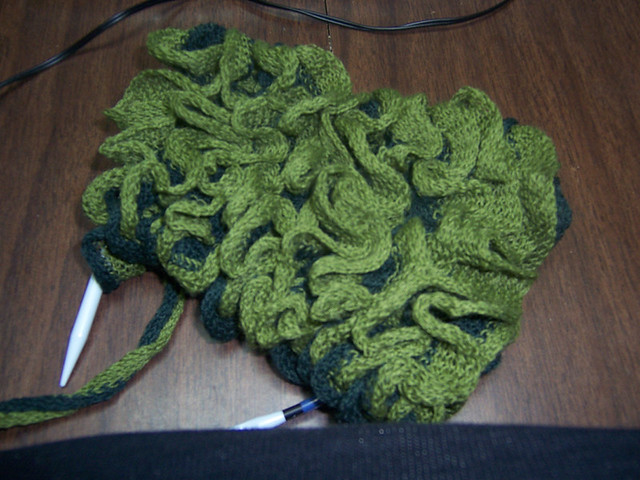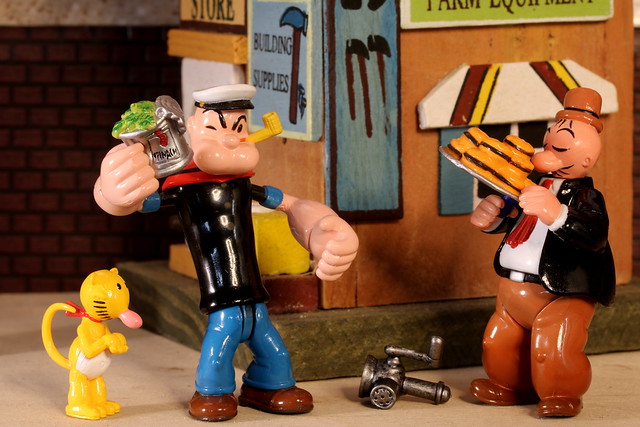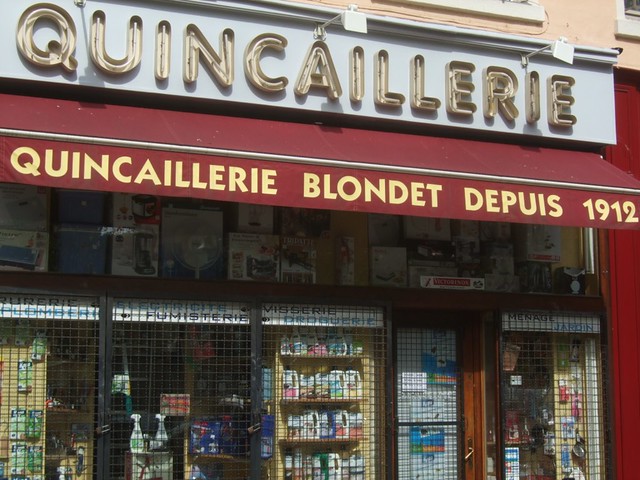Someone who is supercilious is arrogantly superior, haughty or shows contemptuous indifference.
Supercilious comes from the Latin superciliōsus (haughty, supercilious) from supercilium (eyebrow, will, pride, haughtiness, arrogance, sterness, superciliousness) from super- (above, over) and cilium ( eyelid), from Proto-Italic *keljom, from PIE *ḱel-yo-m, from *ḱel- (to cover) [source].
Equivalents of supercilious in other languages include:
- hooghartig (“high-hearted”) = haughty, supercilious in Dutch
- hochnäsig (“high-nosed”) = snooty, stuck-up, haughty, supercilious, arrogant in German
- kione-ard (“high-head”) = arrogant, chieftain, haughty, presumptuous, supercilious in Manx
- ffroenuchel (“high-nostril”) = haughty, disdainful, supercilious in Welsh
The word cilium also exists in English, and means:
- A short microscopic hairlike organelle projecting from a eukaryotic cell, which serve either for propulsion by causing currents in the surrounding fluid or as sensors.
- One of the fine hairs along an insect’s wing.
- Hairs or similar protrusions along the margin of an organ.
- An eyelash (plural cilia) [source].
Related words in other languages include: cil (eyelash), and sourcil (eyebrow) in French, ceja (eyebrow, rim, edge) in Spanish, and ciglio (eyelash, eyebrow, border, edge, side) in Italian [source].
Other (eye)brow-related words include:
- highbrow = intellectually stimulating, highly cultured, sophisticated; a cultured or learned person or thing
- middlebrow = neither highbrow or lowbrow, but somewhere in between; a person or thing that is neither highbrow nor lowbrow, but in between
- lowbrow = unsophisticated, not intended for an audience of intelligence, education or culture; someone or something of low education or culture.
Highbrow first appeared in print in 1875, and originally referred to the ‘science’ of phrenology, which suggested that a person of intelligence and sophistication would possess a higher brow-line than someone of lesser intelligence and sophistication [source]. Lowbrow was also conntected to phrenology and first appeared in about 1902 [source]. Middlebrow first appeared in Punch magazine in 1925 and is based highbrow and lowbrow [source].
If something is completely devoid of cultural or educational value, it could be said to be no-brow / nobrow, a word popularized by John Seabrook in his book Nobrow: the culture of marketing, the marketing of culture (2000) [source].
Incidentally, raising or furrowing your eyebrows is used to show you are asking a question in British Sign Language (BSL). Do other sign languages do this?
Do you know of any other interesting brow-related expressions?

















